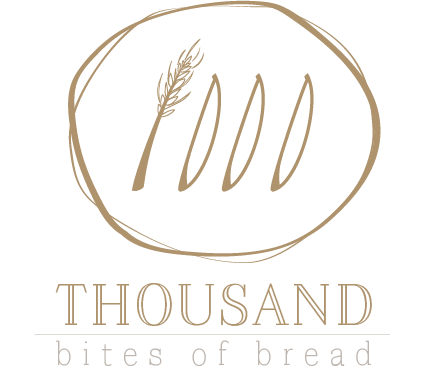Hello people,
Well, it seems we have some work to do. That’s always been the case, but it has become much more acute in these past few months, and heightened still these past few weeks. There is nothing I love more than to break bread with someone and delve into a lengthy conversation about the state of the world. I’m open to doing this if you are. I don’t have all the answers and I make a bunch of mistakes, but I’m open to having the difficult conversations, and I’ve been trying to learn to sit with discomfort instead of running from hard truths. And then to act.
What does all this have to do with bread? Well, bread comes from farms, and there are a lot of disparities in the ways in which people have been given opportunities to farm. One issue I’ve been thinking a lot about is the issue of land ownership and opportunity hoarding, which illustrates the insidious ways that privilege plays out silently. Here’s a podcast from 2017 that got me thinking about these issues a few years ago. This particular podcast doesn’t talk about farming issues, per se, but introduces the ideas about opportunity hoarding in broad ways that I think people need to hear. It recently re-aired and I think it’s worth a listen for all white Americans to understand how when we fail to notice these issues that are right in front of us, we are supporting a system that goes against our deepest values as a country.
I’ve decided to dedicate my efforts to this issue in June. Juneteenth is on the 19th and a perfect day to redistribute wealth to the Black community. Here are two places that I think are doing a great job as such:
Here’s what’s on the menu this month:
Mama Bread
This month’s Mama bread is made with whole grain spelt & whole grain emmer from Camas Country Mill. I try to purchase grains from a wide range of farms throughout the Northwest, but Camas Country Mill is a mainstay. They have made it easy for us Portlanders to get high quality flour during these times of Covid, and I appreciate them greatly.
Buttermilk Triticale Loaves
One of my favorite weekly rituals is getting milk and cream from a local farm. I churn the cream into butter (this sounds much fancier than it actually is since I use the Cuisinart to basically zap it), which leaves me with a batch of true buttermilk. The next day, I’ve been taking to the habit of making bread with this delightful ingredient. I love the pairing of buttermilk and rye, but I just got a little triticale, so I’m going to try that instead. If you don’t know what triticale is, I’ve often heard it referred to as a cross between rye and wheat. In these loaves, I use a backbone of white wheat grown by Bluebird Grain Farms and add a bit of triticale from Moon Family Farms in Washington.
Seedy Sandwich Loaves
The sandwich bread this month is made with a mixture of organic sifted Edison and sifted Rouge de Bordeaux, both from Camas Country Mill. To these loaves, I’m adding a bit of malted barley flour from Carolina Ground in North Carolina. The barley adds a hint of cereal sweetness and boosts the browning capabilities. For a twist, I decided to add seeds to the mixture this month: organic flax, organic poppy, and a hint of fennel.
100% Einkorn Loaf
Einkorn is the most ancient wheat that we still cultivate. It’s genetically different than modern wheat because it reflects the time when wheat had a simpler DNA profile. It has a buttery color and a savory flavor with mineral overtones. I’m using grains from Bluebird and milling them at home on my Komo. This bread is a pan loaf and it’s superb as toast dripping with butter and a shaving of parmesan cheese.
I am happy to share any of my formulas with you if you reach out. I hope whatever you are baking is inspiring your day!
With delight and gratitude,

Other news from the world of grain:
-Understanding the history of wheat and how it relates to current science can be confusing. Here is an article that explains how scientists have cracked more of wheat’s genome (pardon the pun), and it also gives a clear account of how to understand it all in layman’s terms. I found it quite useful and if you want to nerd out on this stuff
-Have you seen Michael Kealty’s work about how to taste bread? If not, check it out here. I really enjoy how he outlines the ways we taste the flavor and aroma components of bread.
-A friend and fellow baker Emily Squadra of Wildflower Baking is offering a whole grain croissant class through Airbnb Experiences. I’m taking the class soon, and you should, too! It’s an insanely good price, so don’t miss it. Sign up here.
For information about taking my class through AirBnB, go here.
